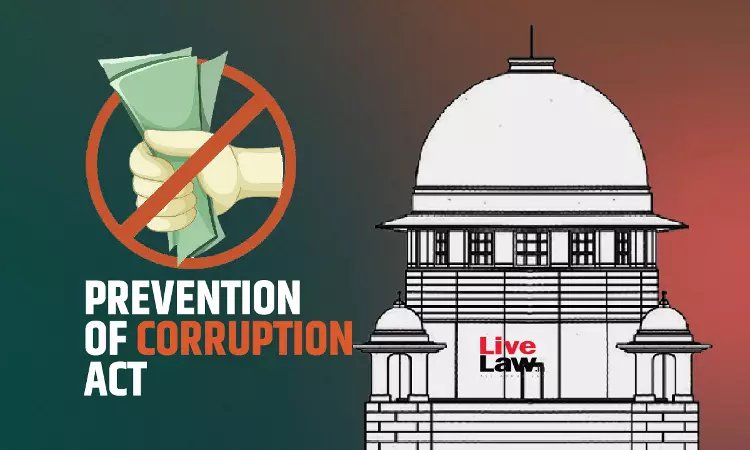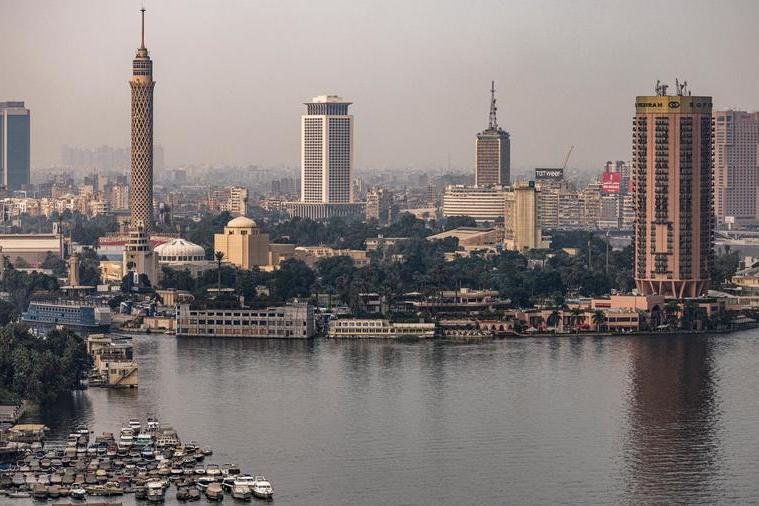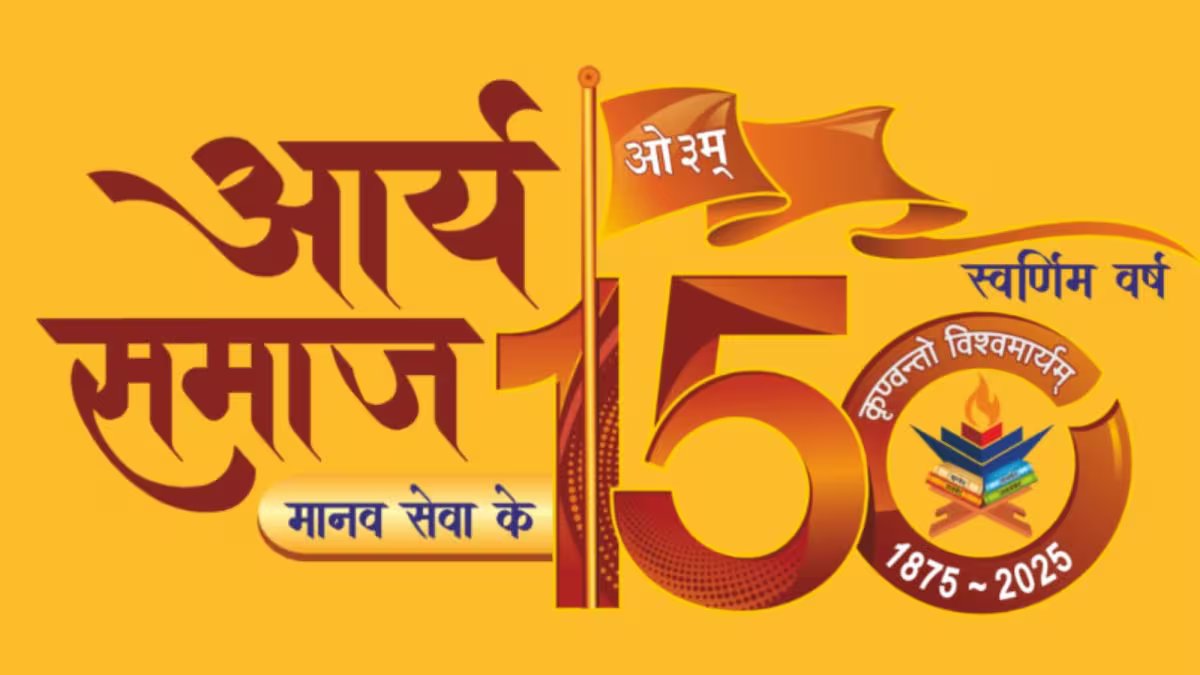The Supreme Court on Tuesday (October 28) acquitted a former Assistant Labor Commissioner booked for allegedly accepting a Rs. 3,000/- bribe, noting that the factum of demand and acceptance of the bribe was not proved beyond a reasonable doubt.
A bench of Justices PK Mishra and Joymalya Bagchi set aside the Andhra Pradesh High Court’s decision which interfered with the well-reasoned trial court’s decision acquitting the appellant-accused, after noting that the prosecution case was marred by inconsistencies, where the sole testimony of the complainant regarding the bribe demand remained uncorroborated, making his testimony unreliable.
“In the instant case, too, the sole basis of the prosecution to prove demand and acceptance is the narration of the complainant, a close scrutiny of which reveals serious infirmities. At the outset, the complainant has no proof other than his own oral statement that he visited the appellant on 25.09.1997, wherein the appellant allegedly made his first demand for a bribe.”, the Court said, pointing towards the uncorroborated testimony of the complaint.
Further, the Court found that there was no independent witness to the alleged demand of the bribe, as the person who was directed to remain present as an independent witness by the Police, remained outside the accused’s office, doubting the complainant’s version of the bribe demand by the accused.
The prosecution built a case on the pretext that since the tainted amount was found in the drawer near the accused’s desk, the presumption under Section 20 of the Prevention of Corruption Act, 1988, arises for an offence under Section 7 for demanding illegal gratification, putting a reverse onus on the accused to disprove the presumption.
Rejecting the prosecution’s case, a judgment authored by Justice Mishra reiterated that “the statutory presumption under Section 20 of the PC Act is not automatic and arises only once the foundational facts of demand and acceptance are proved.” The Court found the factum of demand and acceptance to be doubtful as the complainant’s testimony remained uncorroborated and there was no independent witness justifying the demand of the bribe by the Appellant-accused.
“Moreover, what we find particularly troubling is the complainant’s conduct in directing Rajender, the mediator and accompanying independent witness, to remain outside the appellant’s office during the crucial half-hour in which the alleged demand and acceptance occurred. This was contrary to the explicit instructions of the DSP. Rajender could consequently make no positive statement on whether the appellant demanded or accepted any bribe, and this gap is candidly admitted by the prosecution itself.”, the court said.
The tainted notes were found in the drawer of the appellant’s table. However, there was no proof that he directed the complainant to place them there. The Court reiterated that mere recovery of currency notes, without proof of demand and voluntary acceptance, is insufficient for conviction. (See Rajesh Gupta vs. State, 2022 INSC 359)
Accordingly, the appeal was allowed, and the order of acquittal was restored.
Cause Title: P. SOMARAJU VERSUS STATE OF ANDHRA PRADESH
Citation : 2025 LiveLaw (SC) 1040
Click here to read/download the judgment
Appearance:
For Appellant(s) : Mr. Basant R, Sr. Adv. Mr. Y. Raja Gopala Rao, AOR Mr. Kavinesh Rm, Adv. Mr. Dhuli Gopi Krishna, Adv. Mr. Akshay Singh, Adv. Ms. Sanjana Jain, Adv.
For Respondent(s) : Mr. Kumar Vaibhaw, Adv. Ms. Devina Sehgal, AOR Mr. Srikanth Varma Mudunuru, Adv. Mr. Ishaan Ojha, Adv.







